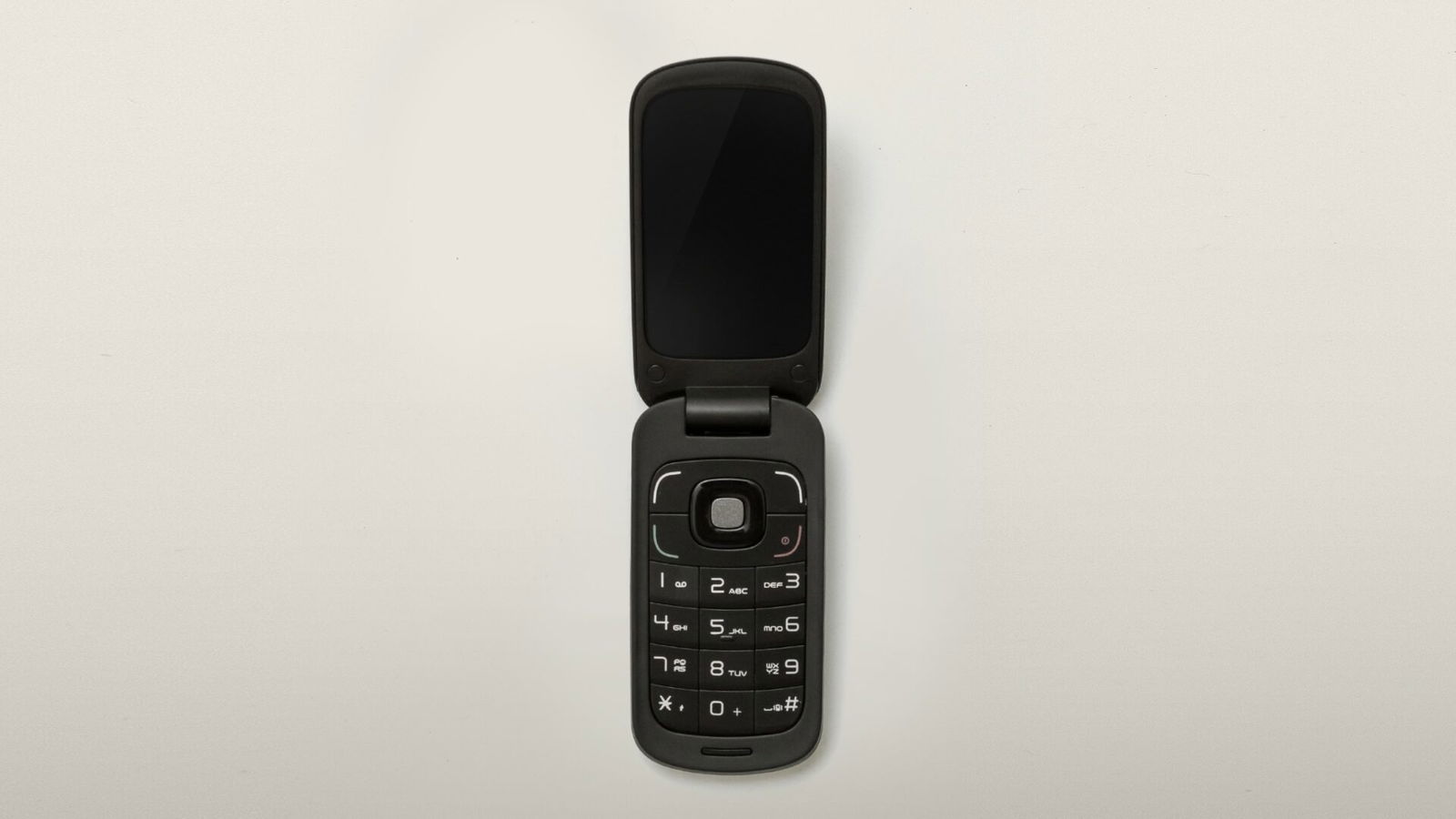
By Gavin Boyle
While the trend of using “dumb phones” is on the rise, is it practical to ditch our smartphones when everyday life is so intertwined with them?
“You use [the Light Phone] when you need to, and when you put it back it disappears in your life,” explained Kaiwei Tang, CEO of Light, a startup creating an iPhone alternative. “We get a lot of customers telling us they feel less stressed out; they become more productive; they become more creative.”
These paired down phones allow users access to the basics, like phone calls and texting, along with other programs like GPS, notes, alarm clocks and a camera. However, they do not have the ability to download other apps, blocking the use of the internet browsers, social media or games. This brings phones back to their original functionality without any of the addictive features that have since been added.
Related: ‘Dumb Phones’ on the Rise as People Look to Cut Down Screen Time
“What we’re trying to do with the Light phone isn’t to create a dumb phone, but to create a more intentional phone — a premium, menial phone — which isn’t inherently anti-technology,” said Light co-founder Joe Hollier. “But it’s about consciously choosing how and when to use which aspects of technology that add to my quality of life.”
Nonetheless, by stripping phones of many of the features they now have by standard, these phones don’t always live up to their goal. Since smart phones have become so ubiquitous, most of the infrastructure in today’s world assumes everyone has one. From returning a package to pulling up a train ticket, most systems today rely on a person having a phone which can access the internet of pull up an email. Thus, the Light phone’s — and other dumb phones’ — inability to do these things can make them largely impractical because of the limitations they impose. However, some users embrace these limitations because of the freedom they find because of them.
“I think you can see it with certain Gen Z populations — they’re tired of the screens,” said Jose Briones, a dumb phone influencer. “They don’t know what is going on with mental health, and they’re trying to make cutbacks.”
Many young people who switch to dumb phones are also encouraged because they notice a clear difference after the switch.
“I was without a phone for, sort of, two days. And I realized how my days were just so much longer and more full,” a 14-year-old told CBS Evening News, when explaining why he switched to using a flip phone. “I knew something had to change because I was not getting my work done, I was anxious, I was biting my nails a lot.”
So, while dumb phones are not for everyone, some people are willing to accept the hassle of forgoing their smart phone in order to reclaim their life before technology took over.
Read Next: Why This Teen Swapped His Smartphone for a Flip Phone
Questions or comments? Please write to us here.


 - Content:
- Content: 

 – Content:
– Content: 